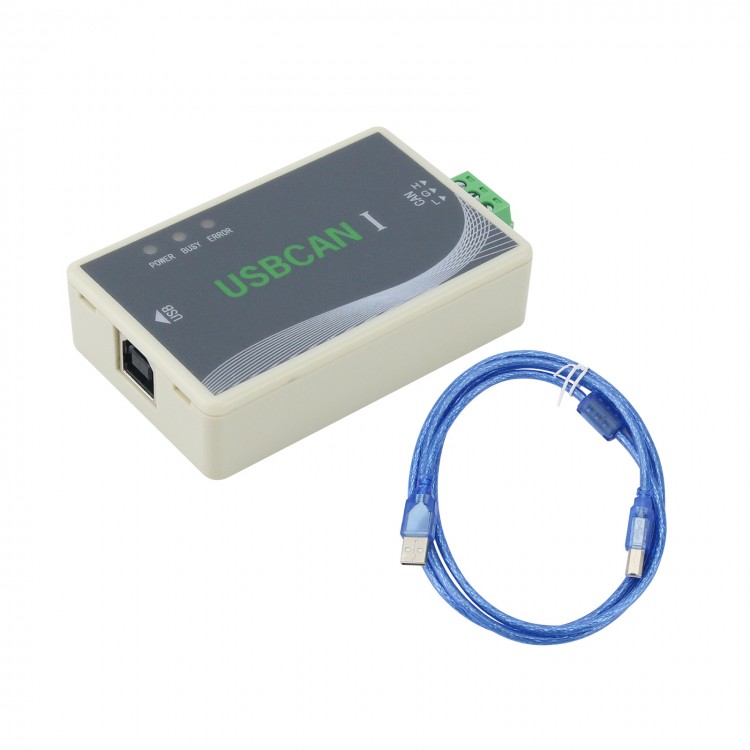
| Quantity | 3+ units | 10+ units | 30+ units | 50+ units | More |
|---|---|---|---|---|---|
| Price /Unit | $39.31 | $38.51 | $37.30 | $35.70 | Contact US |
 USB Blaster Programmer with FPGA Development Board (EP4CE10) and Flat Cable for Programming
$71.01
USB Blaster Programmer with FPGA Development Board (EP4CE10) and Flat Cable for Programming
$71.01
 USB Blaster Programmer with FPGA Development Board (EP4CE6 E22C8N) and Cables for Programming
$55.63
USB Blaster Programmer with FPGA Development Board (EP4CE6 E22C8N) and Cables for Programming
$55.63
 FMD Writer MCU Programmer Chip Programmer Tool Designed for 8-bit Microcontrollers Produced by FMD
$60.24
FMD Writer MCU Programmer Chip Programmer Tool Designed for 8-bit Microcontrollers Produced by FMD
$60.24